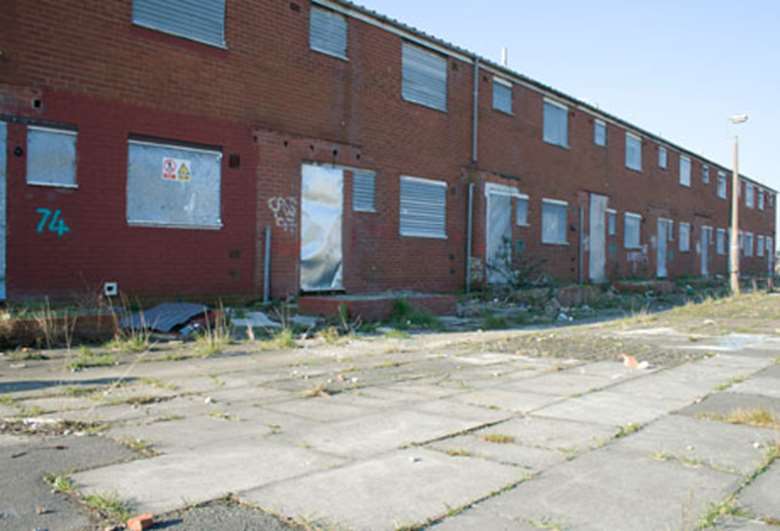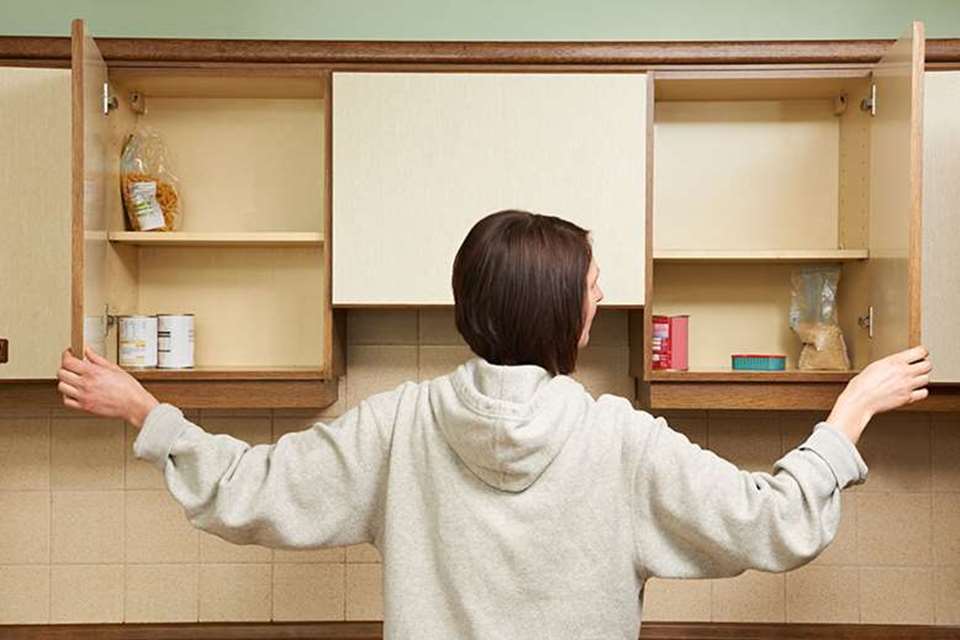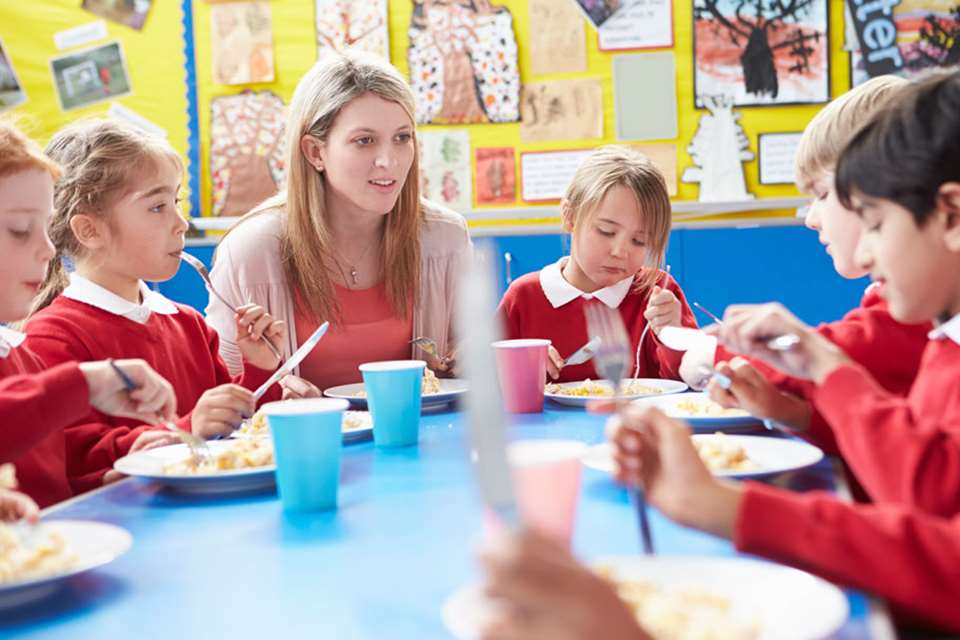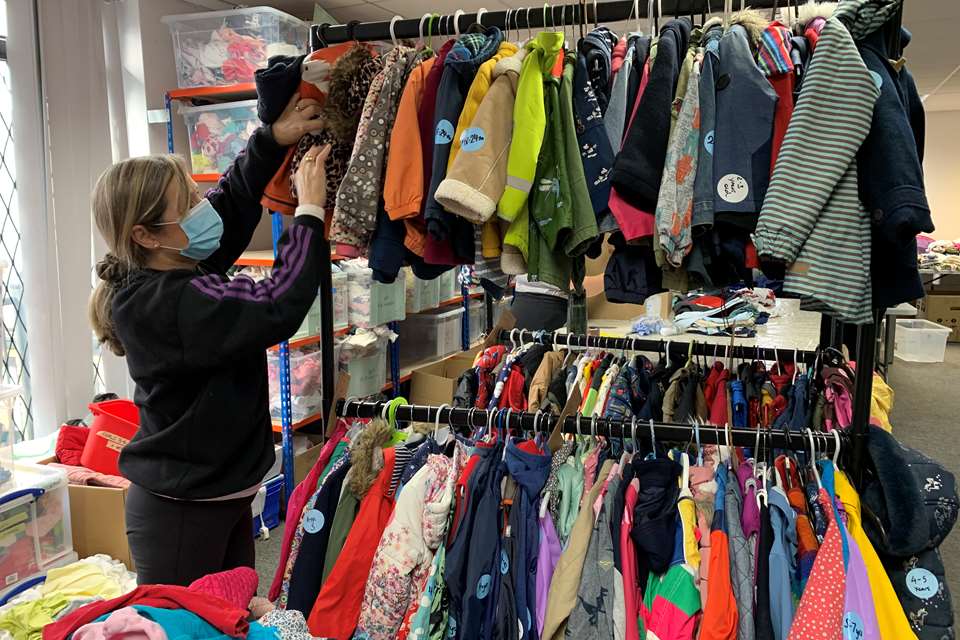Coalition calls for 'credible' plan from Government to end Child Poverty
Katy Morton
Tuesday, May 18, 2021
The End Child Poverty Coalition says the Government owes it to ‘our children’ to come up with a plan to tackle poverty as figures show a 'dramatic' rise.

According to the analysis of the latest Department for Work and Pensions (DWP) statistics on child poverty by Loughborough University on behalf of the Coalition, the number of children in poverty has risen by 500,000 in the last five years.
The North East of England has seen the largest increase, with child poverty rising by over a third – from 26 per cent in 2014/15 to 37 per cent in 2019/20. This part of the country now has the second highest number of children in poverty in the UK, after London.
The analysis shows that even before the pandemic, in several parts of the UK, the majority of children are growing up in poverty, once housing costs are taken into account.
A breakdown of the figures by local authority shows Newcastle upon Tyne experienced the largest increase in child poverty after housing costs between 2014/15 and 2019/20, followed by Gateshead, Redcar and Cleveland and County Durham.
The report, ‘Local indicators of child poverty after housing costs, 2019/20’, also shows London and Birmingham, two of the UK’s largest cities, have the greatest concentration of child poverty, with the majority of children in a dozen constituencies living below the poverty line, even before large numbers of people started losing their jobs as a result of the Covid-19 pandemic.
The constituencies with the highest child poverty rates are Bethnal Green and Bow at 60 per cent, Hackney South and Shoreditch at 56 per cent and Birmingham Ladywood at 55 per cent.
Of the UK nations, Wales has the highest percentage of children living in poverty nationwide (31 per cent), followed by England (30 per cent) then Scotland and Northern Ireland (24 per cent each).
The research also reveals that the proportion of children living in poverty who are in a household with at least one working adult has also increased sharply across the UK, up from two-thirds (67 per cent) five years to three-quarters (75 per cent) in 2019/20.
CASE STUDY
Vikki Waterman, a single mum of two children from Durham, who works full-time, says poverty in the north east ‘cripples’ hard-up families and she can’t believe that the Government doesn’t understand the struggles facing working parents.
She explained, ‘Too many of us in the north-east work twice as hard for half as much. We’re not living, we’re just about surviving.
‘Working families, particularly single parent families, already live day -to -day with the constant fear of having no flexibility or financial safety net, often forcing them to turn to high interest loans in times of desperate need. The Government must not allow those of us barely managing to keep our heads above water from going under.’
Call for action
The End Child Poverty Coalition is now calling on the UK Government to recognise the scale of the problem and its impact on children’s lives and to create a credible plan to end child poverty, which must include a commitment to increase child benefits. It wants the planned £20 per week cut to universal credit in October to be revoked, as well as extending the support to those still receiving financial assistance from the old benefit system, before they are switched to universal credit.
Chair of the coalition Anna Feuchtwang said, ‘The figures speak for themselves – the situation for children couldn’t be starker. We all want to live in a society where children are supported to be the best they can be, but the reality is very different for too many.
‘The UK Government can’t be in doubt about the challenge it faces if it is serious about “levelling up” parts of the country hardest hit by poverty. After the year we’ve all had, they owe it to our children to come up with a plan to tackle child poverty that includes a boost to children’s benefits. And they need to scrap plans to cut universal credit given parents and children are having a tough enough time as it is.’
A Government spokesperson said, 'Latest figures show that the number of children in absolute poverty has fallen by 300,000 since 2010.
'We are committed to supporting families most in need, spending billions more on welfare and planning a long-term route out of poverty by protecting jobs through furlough and helping people find new work through our Plan for Jobs. We also introduced our £269 million Covid Local Support Grant to help children and families stay warm and well-fed throughout the pandemic.'







